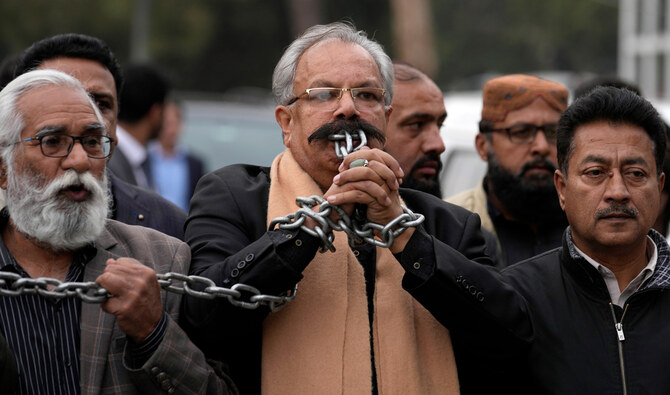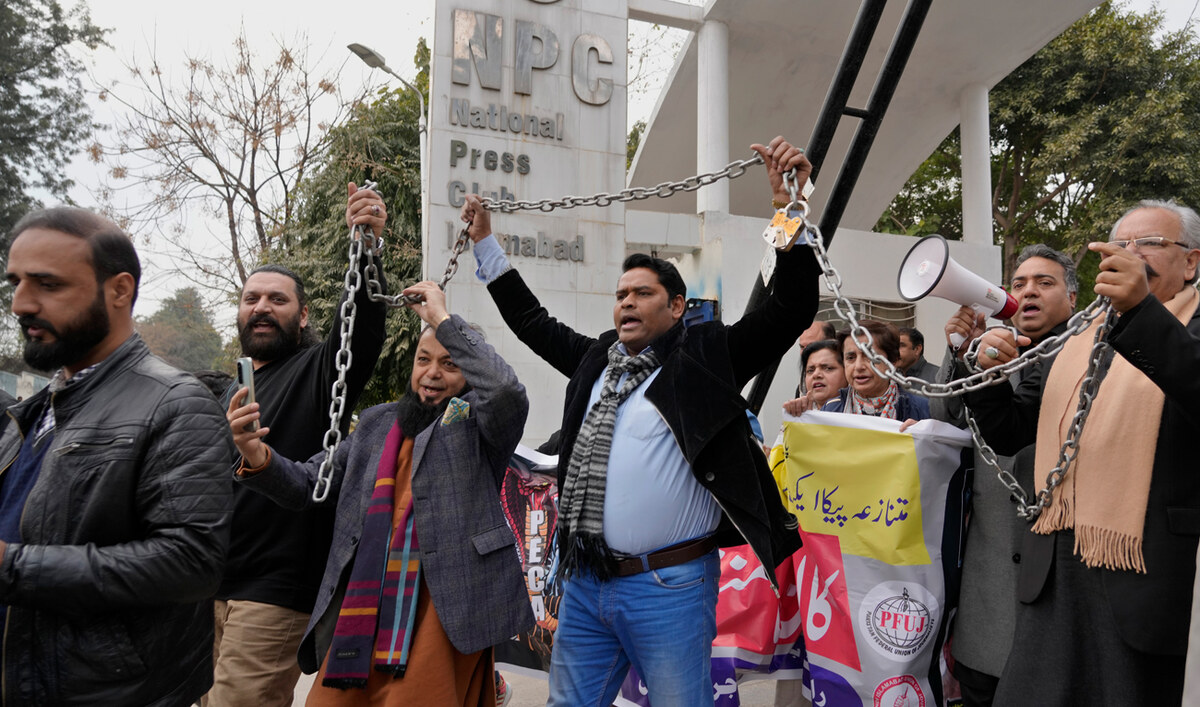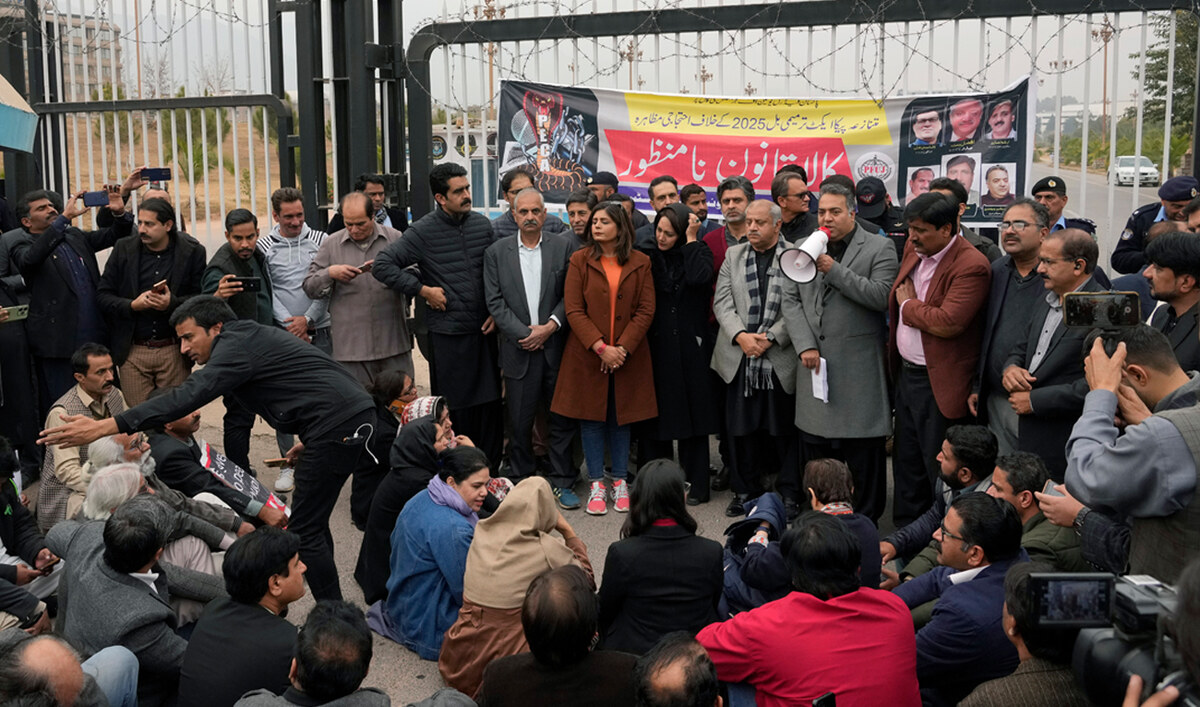ISLAMABAD: Pakistan’s IT Minister Shaza Fatima Khawaja and Saudi envoy Nawaf bin Said Al-Malki on Thursday discussed enhancing cooperation between the two countries in the fields of information technology and cybersecurity, state-run media said.
Pakistan and Saudi Arabia enjoy close cooperation in various fields, including information technology. Pakistan recorded monthly IT exports of $257 million in February 2024, which were 32 percent more than in the same month last year.
Dozens of Pakistani IT firms presented their innovative ideas and products at the LEAP tech exhibition in Riyadh from March 4 to 7, helping them secure lucrative deals with Saudi companies and pushing Pakistan’s IT exports to higher figures.
Khawaja met Malki, Saudi Arabia’s ambassador to Pakistan, in Islamabad on Thursday to discuss bilateral cooperation in IT, telecommunication and cybersecurity.
“Minister of State for IT Shaza Fatima said Pakistan intended to boost its relations with Saudi Arabia in the field of IT and Telecommunication,” the state-run Associated Press of Pakistan (APP) said.
The minister urged Saudi Arabia to facilitate Pakistan’s IT firms, registered with the Pakistan Software Export Board, in securing visas to the kingdom.
“Ambassador Nawaf bin Saeed Ahmad Al-Malki said that Saudi Arabia will fully cooperate with Pakistan in the field of IT and Telecommunication,” APP said.
“He also ensured to support and facilitate Pakistani tech companies in getting visa and traveling.”
Pakistan’s market for computer software has also seen steady growth for the past several years, with the total size of the software sector at approximately $3.2 billion. The US is Pakistan’s largest market for IT, accounting for 54.5 percent in the 2023 financial year, according to the International Trade Administration.
Pakistan’s IT sector consists primarily of software development and IT-enabled services for data centers, technical service/call centers, and telecom services, with 60 percent serving international customers. Much of the growth is driven by the work of freelancers and tech start-ups.




















